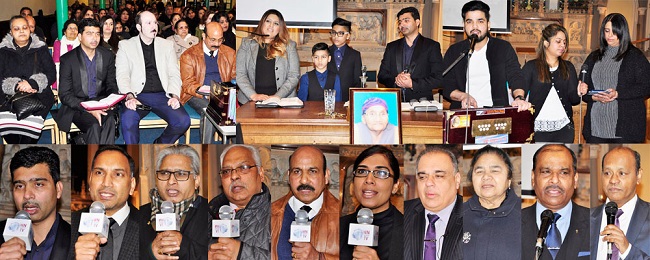Caution do Not Commit a Crime Aged 17 Going on 18

London: You are 17. You have allegedly committed a crime and are going to have your case tried in court. At your age, you are not yet legally allowed to vote, buy a drink at the pub or get married without parental consent. In the eyes of the law, you are a child. The backlog of cases in the courts is growing. Your alleged offence will not come to court for some time. Nobody can offer you assurance, so you wait, with a trial at some unknown point in the distance hanging over you.
Months pass and you turn 18. Suddenly it is your turn to come to court.
Even though you were 17 when the alleged offence was committed, because you are now 18 the Crown Prosecution Service charges you as an adult and your case will be heard in the adult court, rather than the youth court. Here the court process is more formal, and it is not a given that any adjustments will be made to account for your young age. Youth court magistrates have training, expertise and experience in dealing with youth matters, such as considering defendants’ needs and welfare and engaging with them to ensure they fully understand the proceedings. This is unlikely to be available to you in the adult court in the same way. In addition to this, the legal structures and principles of the adult court are very different. The principal aim of the youth justice system is to prevent offending by children and young people, and the court must also consider their welfare in accordance with the Children Act 1989. Cases should be expedited where possible. In the adult criminal justice system, however, sentencing has a greater focus on punishing and reparation. Sentences available to the youth court may be unavailable, and because you turned 18 before your first court appearance, you will now receive harsher treatment if found guilty. It does not matter that you were 17 when you committed the alleged offence.
Read more:Bev Higgs, Law Gazette, https://is.gd/pDnxi7





